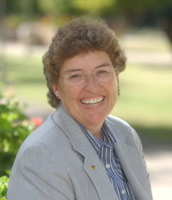
Selling services to ‘pet parents’ fetches comeback for PetSmart
PetSmart was designed to be a category killer with dominant prices and dominant variety when it was founded in the late 1980s, and the concept worked well for the company’s first decade. But by the late 1990s the company was losing steam. Its turnaround was the result of a shift in focus to services that capitalizes on the deepening affection people have for their pets. CEO Philip L. Francis briefed an audience at the W. P. Carey School’s Economic Club of Phoenix on PetSmart’s strategies, including its smart deployment of a rewards card program.






